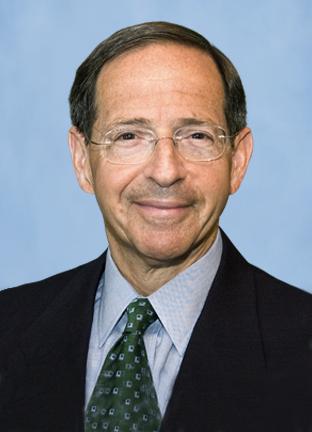How one family is helping to fight esophageal cancer
Paula Wiggins, of Cincinnati, lost her husband to esophageal cancer in 2008. Since then, not only has the family raised money for research into the early detection and treatment of the largely unknown disease, but their fundraising events may be helping to save lives more directly.
After his diagnosis, Wiggins’ husband Jamie Osher completed a course of combined radiation and chemotherapy. He was referred to Mark Orringer, M.D., director of U-M’s Thoracic Oncology Program and one of the nation’s leading experts on esophageal cancer. Orringer removed Osher’s esophagus using a surgical technique which he has developed and refined. Unfortunately, despite the success of the operation itself, within a few weeks it became apparent that the cancer had spread to other organs. Three months after his esophagectomy, Osher passed away.
The following spring, the family held its first fundraiser.
“We just felt that esophageal cancer was underfunded and flying under the radar even though it is becoming more and more prevalent,” Wiggins explains during a recent interview from her home in Ohio. “The first fundraiser we held was at my house — an art sale."
“I’m an artist, most of my friends are artists, so we took everything off the walls and put our work up,” she says. “It was really successful.”
Later, the popularity of the annual event encouraged the move to a larger gallery space. The most recent fundraiser featured a presentation by local gastroenterologist Stephen Kucera, M.D., an assistant professor of clinical medicine at the University of Cincinnati, who specializes in Barrett’s esophagus — an alternation of the esophageal lining that increases the risk of cancer.
A number of people were prompted to make appointments to be checked out, Wiggins says.
“We learned later that one of those people did have the beginning of Barrett’s,” Wiggins says. “So, as small as we are, we’re getting the word out. Knowing that we’re making a difference to even just a few people is very rewarding.
“Our goal is fairly humble — to raise at least $10,000 each year and we’ve always done that,” she adds.


